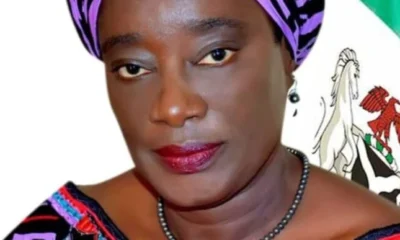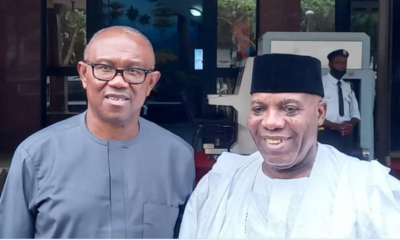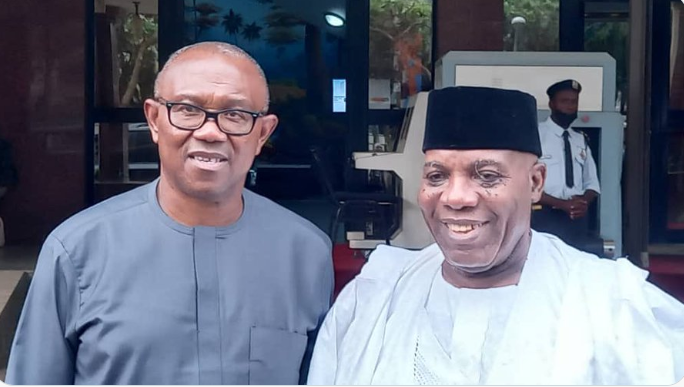BIG STORY
Petrol Imports Dropped By 3.58bn Litres In One Year — NBS
-

 BIG STORY5 hours ago
BIG STORY5 hours agoDangote Sells Fuel Refined From Crude Oil Bought In Naira To Foreign Markets In Dollars — Bloomberg Report
-

 BIG STORY21 hours ago
BIG STORY21 hours agoFour Nigerian Students Jailed In UK For Fighting With Knives, Baseball Bats
-

 BIG STORY6 hours ago
BIG STORY6 hours agoWould You Say This If Your Father Was In Government? — El-Rufai’s Wife Tackles Son Over Negative Comments On Tinubu
-

 BIG STORY2 days ago
BIG STORY2 days agoNDLEA Intercepts Europe-Bound Drug Barons At Lagos, Abuja Airports
-

 BIG STORY1 day ago
BIG STORY1 day agoPresident Tinubu Reorganizes Media Team, Says No Individual Spokesperson
-

 BIG STORY1 day ago
BIG STORY1 day agoPresident Tinubu Fires PTAD Executive Secretary Chioma Ejikeme, Appoints Tolulope Odunaiya As Replacement
-

 BIG STORY5 days ago
BIG STORY5 days agoBON Awards Release Line-Up Of Activities Ahead Of November 24
-

 BIG STORY4 days ago
BIG STORY4 days agoAdron Homes Welcomes New Executive, Emphasizing Commitment To Professional Excellence





















